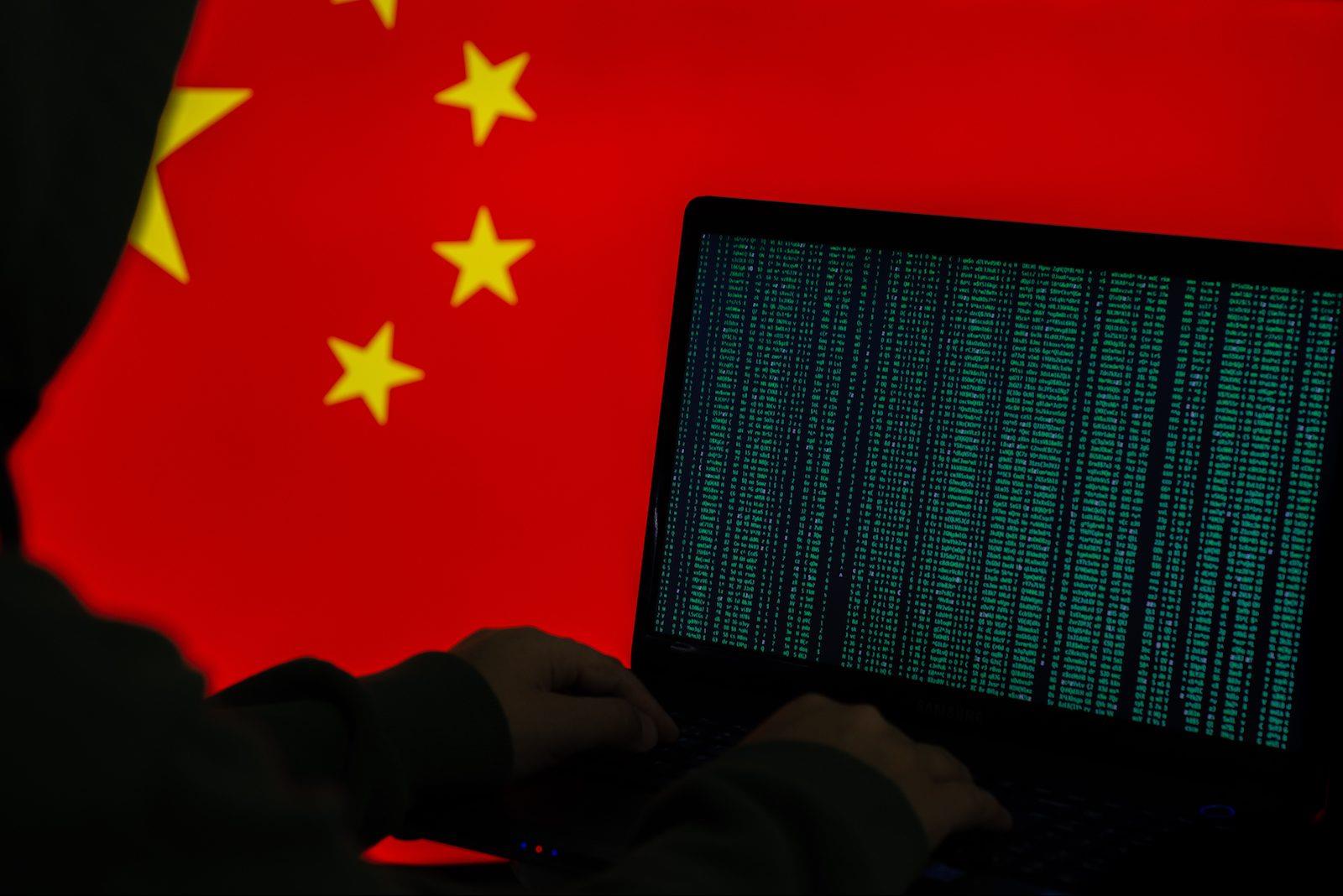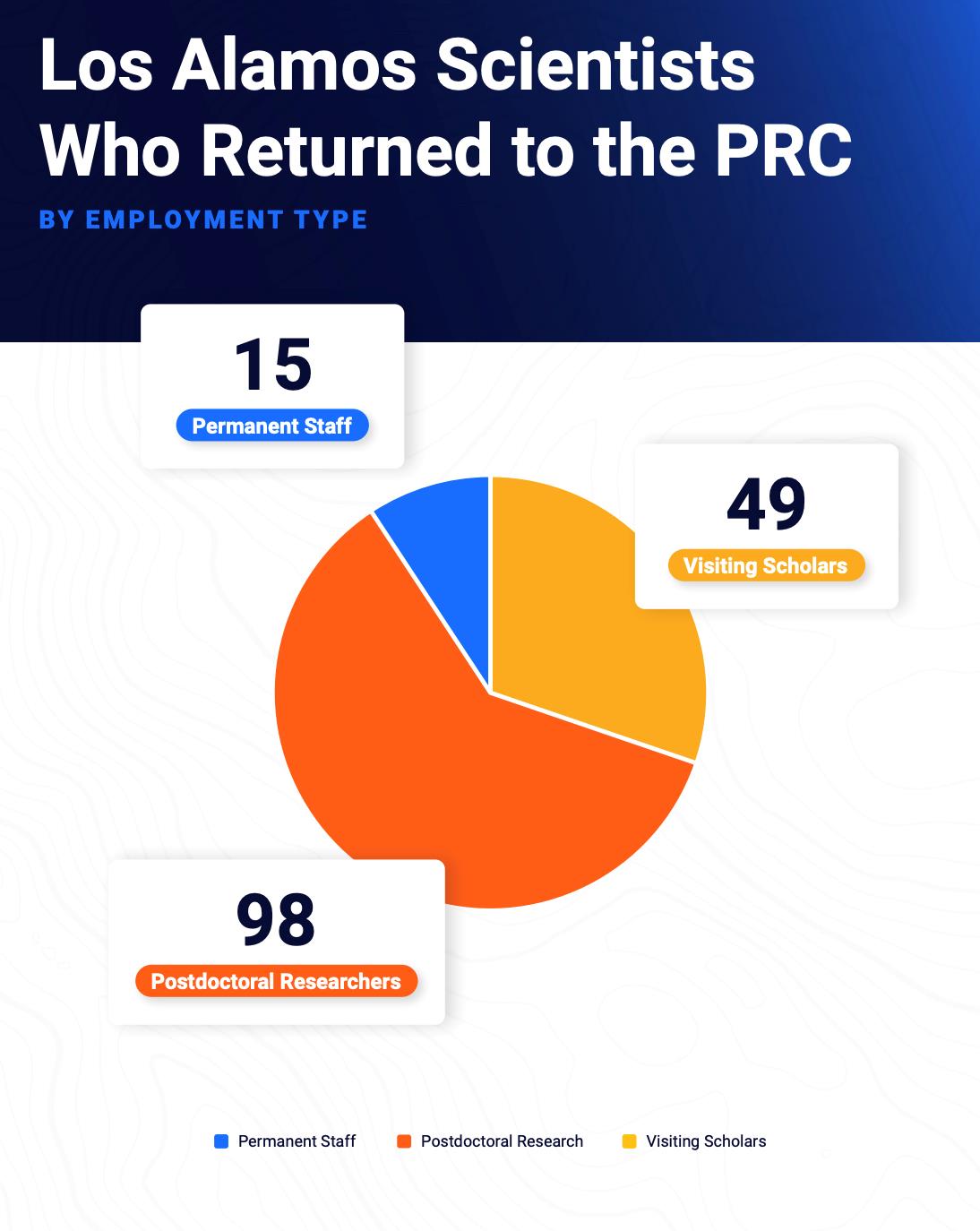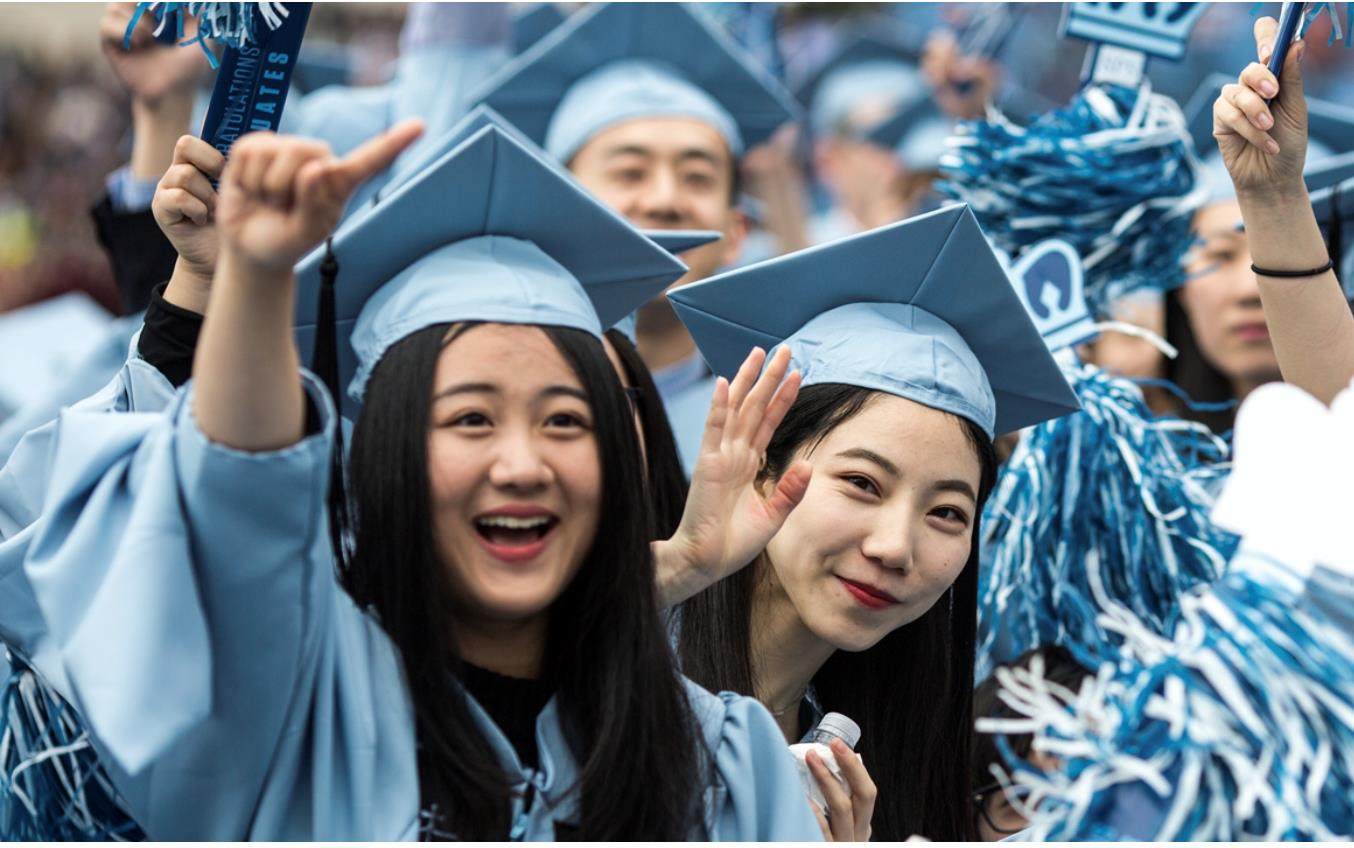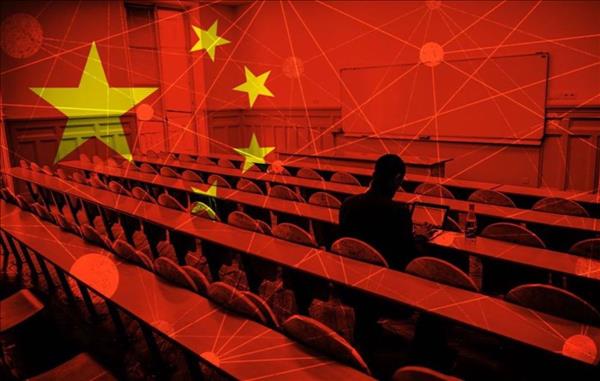
Spookish Report Fingers Tech-Hoovering Chinese Scientists
China is luring back its US-trained and educated talent to work for the Chinese military's high-tech weapons programs, effectively using US expertise and resources to advance its research in cutting-edge military technology and its applications, a new in-depth private intelligence report claims.
Provocatively entitled“The Los Alamos Club”, the Strider Technologies report shows in graphic detail how China incentivizes its scientists to venture abroad, deepen their expertise and ultimately return home to advance China's military and strategic interests.
In particular, the private intelligence firm's report details how China has taken advantage of America's open research environment to achieve its military and strategic objectives to the detriment of US national security.
Most explosively, the 32-page report claims that China's recent rapid advances in vital military technologies were aided by Chinese scientists who participated in sensitive US government-funded research.
Strider Technology's website lists its investors as DataTribe, Koch Disruptive Technologies and One|9 with a business mission to“deliver actionable data and cutting-edge technology that enable organizations to identify risks, capitalize on trends, and win in a new era of global competition.”
It also has a strategic partnership with Mandiant , a US cybersecurity firm and Google subsidiary that caught global attention in February 2013 when it released an in-depth report implicating the Chinese military in cyberattacks against US firms and institutions.
Strider Technology claims to be“revolutionizing the way companies, universities, research institutions, and government agencies protect their innovation and compete in a new era of global strategic competition” and that its“trailblazing technology and intelligence solutions enable clients to proactively identify, manage, and respond to nation-state directed IP theft and supply chain vulnerabilities.”

Chinese hacking is a rising and a major security concern in the US. Image: Stock / Getty Images
Its co-founder and CEO, the Mandarin-speaking Greg Levesque, previously led the China Services team at Crumpton Group and served as business advisory manager at the US-China Business Council trade lobby, according to the company's website. The company's board members include a former assistant director of counterintelligence at the US Federal Bureau of Investigation (FBI).
The new report leverages that expertise and mission to claim that China employs a“Talent Superpower Strategy” to incentivize academics, researchers and scientists to advance China's interests as part of its Thousand Talents Program (TTP). To incentivize top talent, the report notes that China offers funding support and remuneration, among other means, to leverage and exploit its overseas talent.
In terms of funding, the report says China's scientists receive anywhere between US$155,000 and $775,000 in research grants and subsidies, as well as lucrative appointments at Chinese research institutions.
Overseas applicants in the Chinese talent program are typically contractually obliged to host and train visiting scholars and postdoctoral researchers from China, according to the report.
Once inducted, participants are incentivized and obligated to find top talent for placement in desirable research positions in their host institutions and eventual recruitment back to China – a strategy that effectively turns China's talent programs into ever-expanding US-based networks.
The report alleges China has applied this human resource strategy at the US Los Alamos National Laboratory, the leading US Department of Energy (DOE) research facility for designing nuclear warheads, ensuring the safety and effectiveness of the US nuclear arsenal and finding solutions to emerging threats – including from China – in cyberspace, space and new domains of conflict.
Under China's talent programs, joint training for Chinese applicants is coordinated by an adviser in China and a host supervisor abroad, who is likely aware of the applicant's government backing. The report claims that China has a keen eye for permanent positions in foreign high-level research facilities such as America's Los Alamos and explicitly seeks out applicants from its“State-Sponsored Overseas Joint Training Doctoral Program.”
At Los Alamos, permanent Chinese staff is well-positioned to identify, select and train promising talent who could return to China. In addition, it notes that permanent staff at Los Alamos mentor dozens of postdoctoral researchers throughout their careers.
Finally, the report identifies close interaction between Chinese universities and the Ministry of State Security, suggesting that overseas applicants undergo security vetting before going abroad.

Graphic: Strider Technology
The Strider Technology report goes on to discuss how China's recruitment strategy allows for sensitive technology to be transferred back to China. Although the report acknowledges that Chinese scientists do not have access to the most sensitive technology being researched at Los Alamos, it claims they still pose risks of unintended technology transfer and espionage.
It points to instances where Chinese researchers have passed dual-use and export-controlled technology from the facility back to China. The report also notes that former Chinese scientists who have worked at Los Alamos are playing critical roles in advancing China's military technology.
For example, it notes that this group of elite scientists, known as the“Los Alamos Club,” has been crucial in advancing China's hypersonic weapons, deep-earth penetrating warheads, unmanned autonomous vehicles (UAV), jet engines and submarine noise reduction programs – and in some cases have exceeded US technical expertise in the areas.
The US has taken notice of the potential national security risks China's talent programs in the US pose, including but not limited to counterintelligence and intellectual property theft risks. It should be noted that Strider Technology markets services to mitigate such risks.
In that vein, in 2019, the US DOE issued guidelines prohibiting its contractors and employees in foreign talent recruitment plans. The Strider Technology report notes that the US has indicted and sentenced Chinese and US scientists for conspiring to steal trade secrets, issuing false statements, tax offenses and undisclosed affiliations to the TTP and Chinese universities.
Tightening scrutiny of Chinese scientific talent, however, may ultimately backfire on the US. In November 2018, the Trump administration launched the China Initiative to counter China's persistent intellectual property theft.
However, an unnamed former US government official interviewed in a 2022 article for The New Yorker , criticized the China Initiative as looking at the issue solely through a criminal lens, despite most cases caught under it involving mere profiteering or career advancement.
Trump's China Initiative has also stoked fears and complaints of racial profiling, hate crimes, government surveillance, professional career difficulties and racism for Chinese scientists in the US and the broader Asian-American community.
Further, in a January 2022 New York Times article , former US Attorney for the District of Massachusetts Andrew Lelling criticized the China Initiative as“having lost its focus” after being designed initially for counterespionage and intellectual property theft but ending up instead creating a climate of fear while achieving“deterrence” through extreme methods.
As such, under the Biden administration, the US Justice Department announced the initiative's end in February 2022 , noting that the multifaceted threat China and other foreign adversaries such as Iran, Russia and North Korea pose to the US requires a broader approach.

Chinese students celebrate at a graduation ceremony at Columbia University in New York. Image: Global Times
Although the China Initiative may have ended, its short existence has arguably cast a shadow on America's appeal for highly skilled immigrants. In a November 2021 article for New York Times , Steven Chu wrote that so much of US intellectual and technological power arises from immigrants and that programs like the China Initiative are akin to“shooting oneself in the head.”
Indeed, the China Initiative's polarization may have diminished the attractiveness of US institutions and society to people worldwide, notes Francis Fukuyama in an August 2021 article for The Economist .
More broadly, the China Initiative exposed other countries to the political tribalism latent in the US, raising questions about whether an unruly but open liberal democratic society can effectively uphold national security, provide opportunities for individual advancement and uplift standards of living compared to authoritarian models like China's.
Ultimately, the Strider report portends a dim picture for the advancement of science and technology against the backdrop of intensifying great power rivalry.
While science aims to advance human understanding of the physical world, the influence of state power on scientific research is undeniable – and is too often warping the goal of bettering the human condition through technology to serve state interests that may be myopic at times and destructive at worst.

Legal Disclaimer:
MENAFN provides the
information “as is” without warranty of any kind. We do not accept
any responsibility or liability for the accuracy, content, images,
videos, licenses, completeness, legality, or reliability of the information
contained in this article. If you have any complaints or copyright
issues related to this article, kindly contact the provider above.


















Comments
No comment